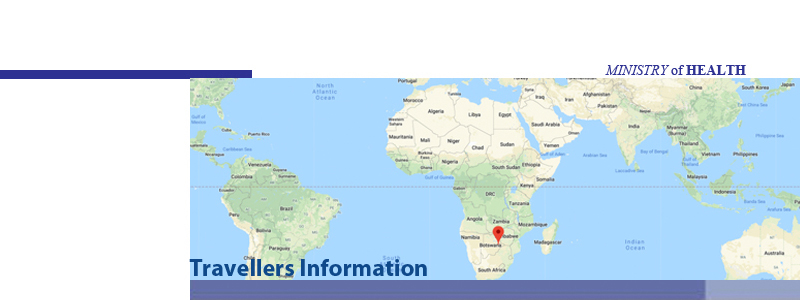Rabies Outbreak in Ngamiland
MAUN - Rabies has hit Ngamiland District and members of the community have been warned to exercise caution.Principal veterinary officer, Dr Odirileng Thololwane revealed in an interview that they had recorded cases of rabies in some areas of the district, and called on the community to report any suspicious signs found in their livestock so that they could be assisted on timeRabies is a zoonotic disease that is transmitted from animals to humans with domestic dogs being the most common reservoir of the virus. More than 99 per cent of human deaths are caused by dog-mediated rabies. He said the veterinary office has registered five cases, and that the outbreak was experienced in areas of Bodibeng, Kgomotshwana, Sehithwa and Tsau and some areas in Okavango District such as Shakawe and Nokaneng.He said the disease was caused by a bite from infected wild animals such as jackals, adding that normally rabies was detected in dogs, but that this time livestock such as cattle, goats and donkeys were affected. He added that there were no dogs in the recorded cases. Dr Thololwane said they embarked on a vaccination exercise of dogs from July to October this year. He suspected that the affected animals could have been bitten by jackals as animals moved freely due to the drought situation.The drought situation, he said, promoted interaction of livestock, jackals and people hence the need for the community to be vigilant. Dr Thololwane revealed that their main concern was public health as the disease had no cure, adding that they had mobilised other stakeholders such as the District Health Management Team (DHMT) to offer post exposure treatment to the public.He said some people ended up eating meat from sick animals and thus posed a health hazard to them as there were chances of being infected by rabies. Every animal that dies of rabies, he said, should be burnt. He urged the public to observe the behaviour of their livestock, adding that most of the time they became aggressive and attacked people and objects. Other signs include lack of appetite; difficulty in swallowing; altered vocalisation, seizures and unsteady gait. Dr Thololwane advised the community to report such incidents for safety reasons and also urged them to reduce interaction with such animals. BOPA
